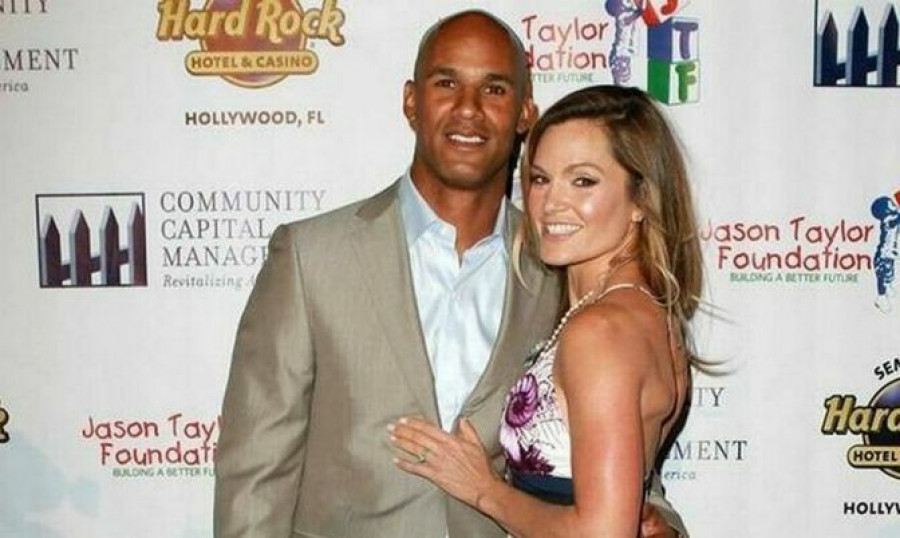If parts of this process are mishandled, it just makes matters worse.
That was the case for former Miami Dolphin Jason Taylor. His week began spectacularly with an induction into the football Hall of Fame. However, things took a turn for the worst when his ex-wife filed a lawsuit dragging the sack machine back to court. Tyler was married to his ex-wife for 14 years when the couple divorced in February 2015. The matter at hand is a lawsuit filed 3 years after his divorce regarding a staggering $3.4 million outstanding from an order for payment of $8.67 million.
The suit claims Taylor is “willfully and deliberately refusing” to pay and has not responded to any of Katina’s attempts to collect.
The term “willfully and deliberately” are fighting words and usually suggest the accusing party is seeking costs aside from those awarded by the court.
A solution that could have saved Taylor a lot of headache is a settlement agreement. As its name suggests, a settlement agreement sets out the matters that have been settled by parties.
The agreement usually governs what would happen with the matrimonial home ( the main home where the parties and children reside), child support, spousal support, child custody /access and the division of property accumulated over the course of the marriage. If you’re experiencing the misfortune of a divorce, protect yourself and soften the blow by considering a settlement agreement. Before each party signs the agreement, it is integral that both sides get Independent Legal Advice (ILA). Once the agreement is signed, it may be filed at the respective court.
If there is a change in circumstances an application can be made to the court, as in the case of Taylor and his wife, to enforce the settlement agreement. For Taylor, the next step in the procedure should have been an "Answer" to his ex-wife’s application. In a case where there is no "Answer", a party can then apply through a motion for default judgment thereby receiving all requests made to the court.
If a default judgment is ordered, the next step is crucial and yet the most difficult because enforcement remains a complicated and convoluted process. Still, having a settlement agreement in place can help to smooth this process over so your divorce is a done deal instead of a three-year headache.










